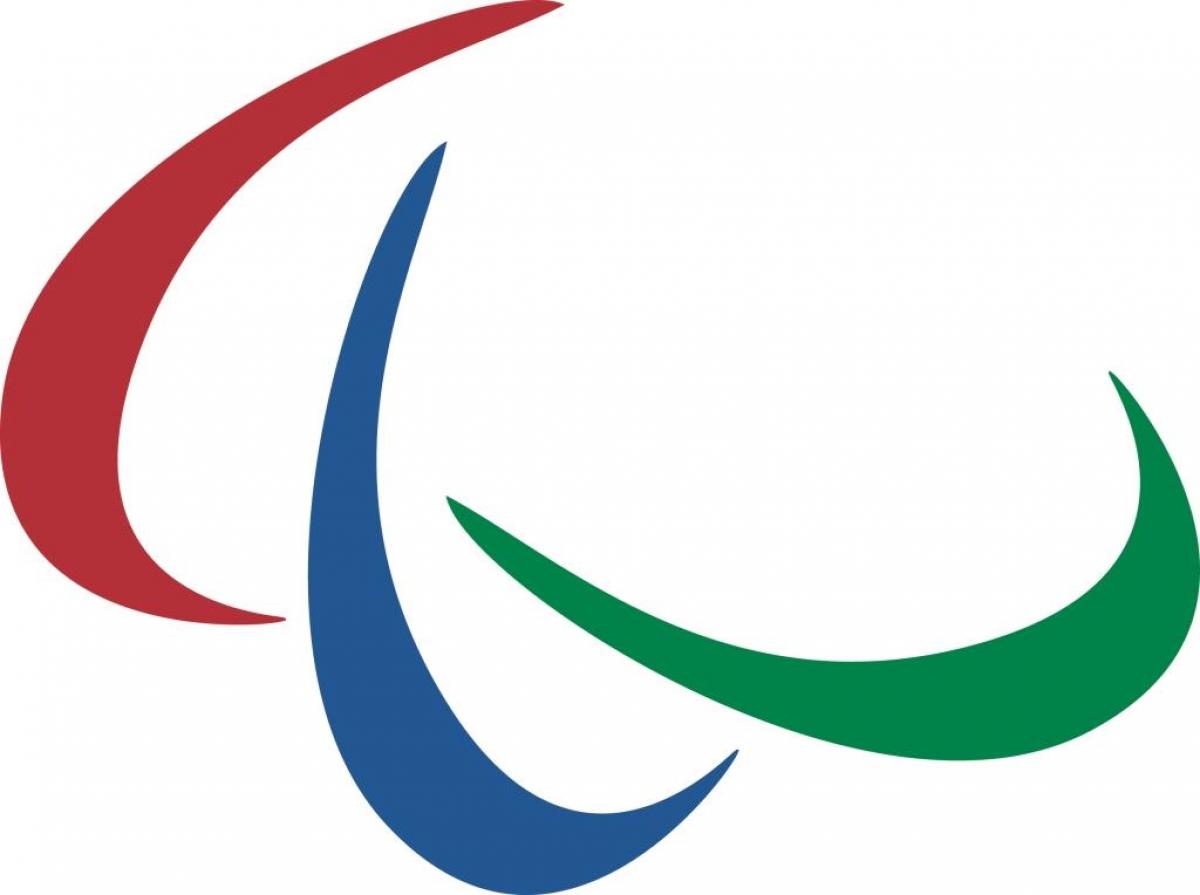Zverev suspended for Anti-Doping violation
The Russian sprinter tested positive for cannabis at June’s IPC Athletics Grand Prix. 17 Nov 2015
Official logo of the International Paralympic Committee
The International Paralympic Committee (IPC) has announced that Russian sprinter Alexander Zverev has been suspended for nine months for an Anti-Doping Rule violation.
Zverev returned an adverse analytical finding for Cannabinoids in a urine sample provided on 20 June 2015 after he had competed at the IPC Athletics Grand Prix in Berlin, Germany.
This substance is included on the World Anti-Doping Agency (WADA) 2015 Prohibited List under the category S8. Cannabinoids and is prohibited strictly in-competition.
As a result of his violation, Zverev will be ineligible from competition for nine months from 6 August 2015, the date the athlete was provisionally suspended, until 5 May 2016.
All Zverev’s results obtained from the date of the test and onwards will be disqualified including forfeiture of any medals, points, records and prizes.
The principle of strict liability applies to anti-doping matters. Therefore, each athlete is strictly liable for the substances found in his or her sample, and that an anti-doping rule violation occurs whenever a prohibited substance (or its metabolites or markers) is found in his or her bodily specimen, whether or not the athlete intentionally or unintentionally used a prohibited substance or was negligent or otherwise at fault.
As a signatory of the World Anti-Doping Code (WADC), the IPC remains committed to a doping free sporting environment at all levels. The IPC, together with the International Federations and the National Paralympic Committees, established the IPC Anti-Doping Code to prevent doping in sport for Paralympic athletes, in the spirit of fair play. The IPC Anti-Doping Code is in conformity with the general principles of the WADC.




